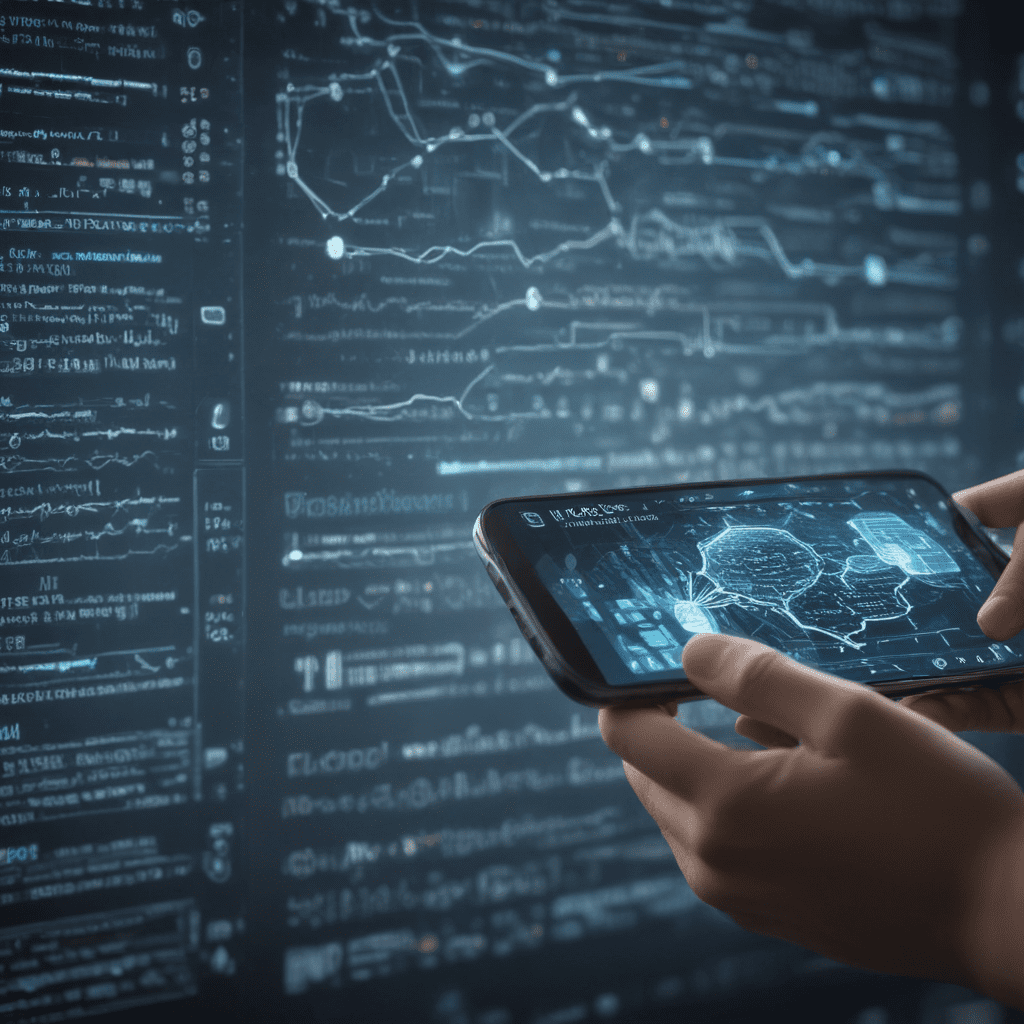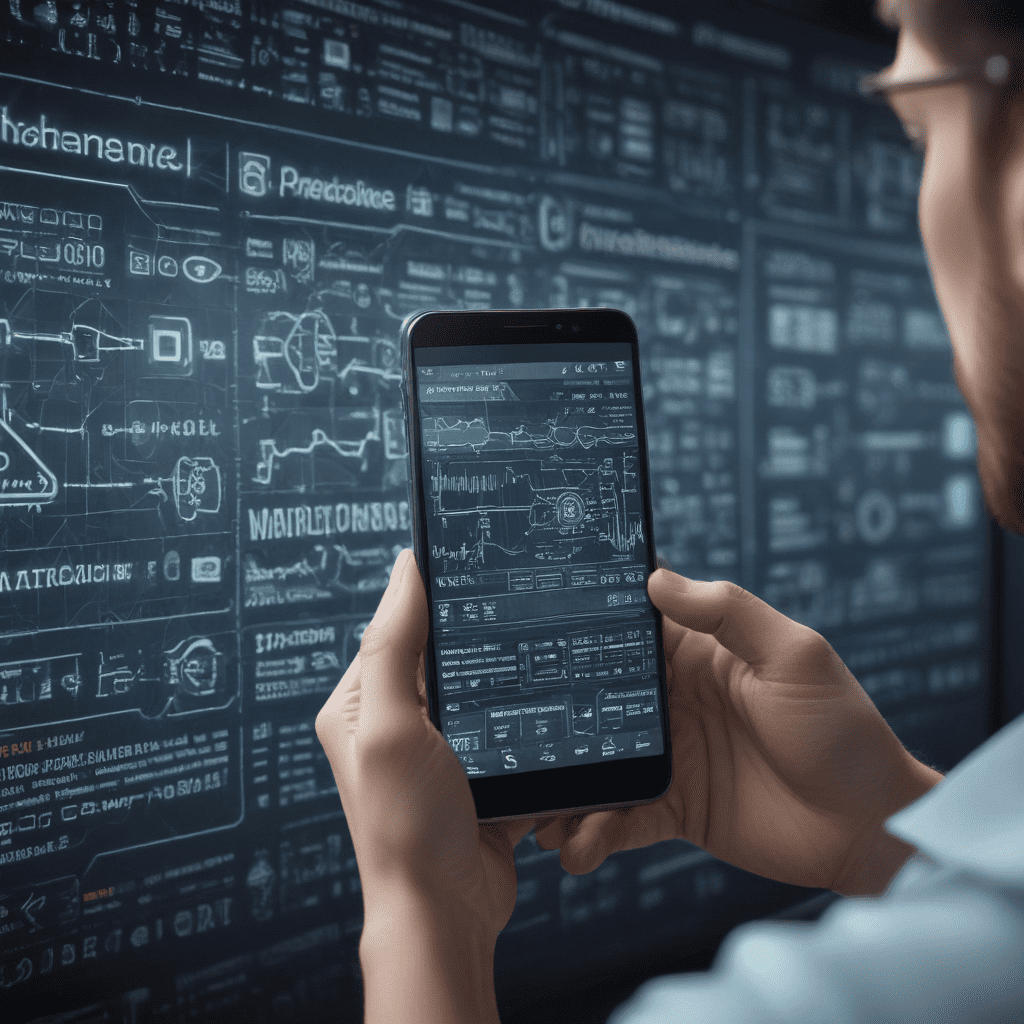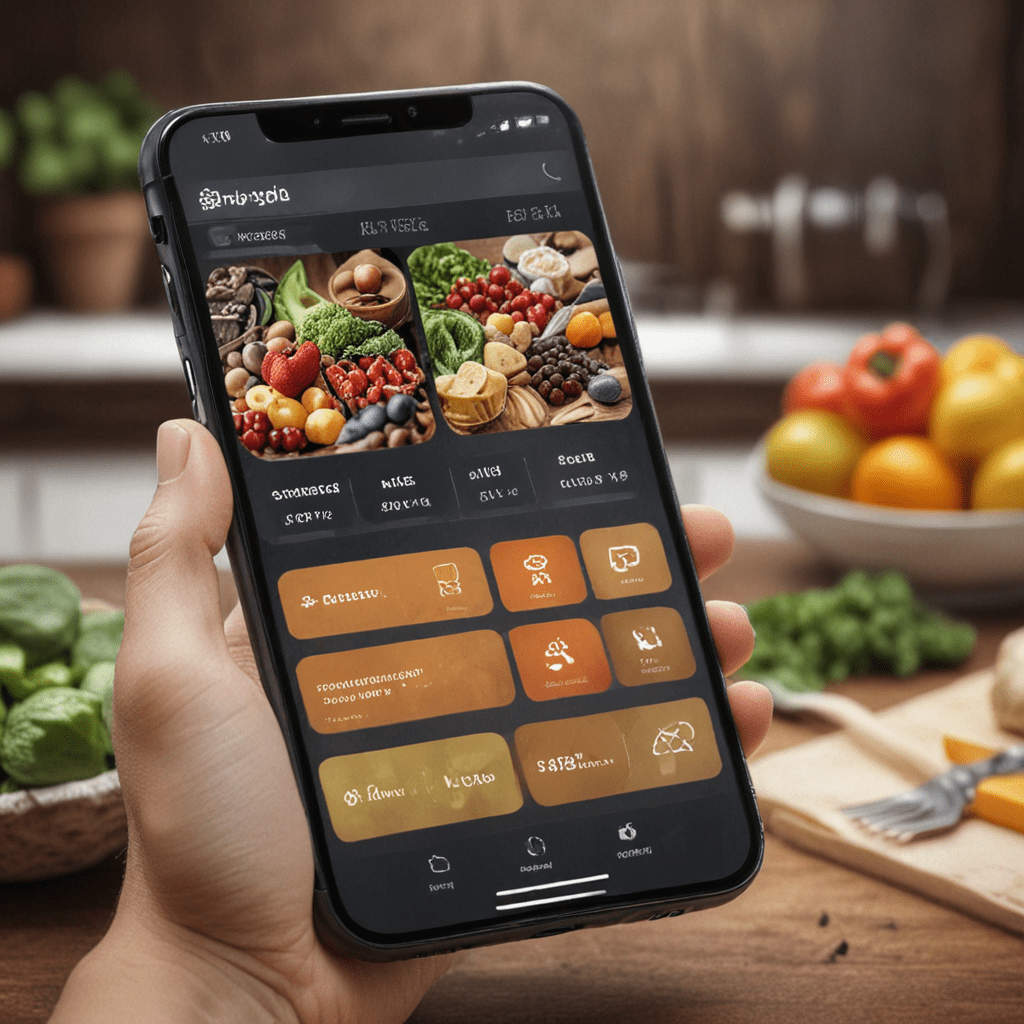1. Introduction: The Growing Convergence of Mobile Apps and Bioinformatics
The convergence of mobile app development and bioinformatics is transforming the landscape of healthcare and biological research. Mobile apps are becoming increasingly sophisticated, while bioinformatics tools are becoming more accessible and user-friendly. This convergence is creating a new era of mobile bioinformatics that empowers researchers, clinicians, and patients alike.
2. Bioinformatics: An Overview
2.1. Definition and Applications
Bioinformatics is the application of computer science, mathematics, and statistics to the analysis of biological data. It plays a crucial role in understanding the complexity of biological systems, including genome sequencing, gene expression, and protein structure. Bioinformatics has applications in drug discovery, personalized medicine, and the development of new diagnostic tools.
2.2. Key Technologies in Bioinformatics
Key technologies used in bioinformatics include:
- Genome sequencing: Determining the order of nucleotides in DNA or RNA.
- Gene expression analysis: Studying the activity of genes by measuring the levels of RNA molecules.
- Protein structure prediction: Predicting the three-dimensional structure of proteins based on their amino acid sequence.
- Data visualization: Creating graphical representations of biological data to aid in interpretation and analysis.
3. Mobile App Development: Current and Future Trends
3.1. Evolution of Mobile Apps
Mobile apps have evolved from simple tools for communication and entertainment to powerful platforms for healthcare, education, and scientific research. The proliferation of smartphones and tablets, coupled with advancements in mobile operating systems, has fueled the growth of mobile app development.
3.2. Emerging Technologies in Mobile App Development
Emerging technologies that are shaping the future of mobile app development include:
- Artificial intelligence (AI): Using machine learning algorithms to automate tasks and provide personalized experiences.
- Augmented reality (AR): Superimposing digital information onto the real world to enhance user interactions.
- Virtual reality (VR): Creating immersive, three-dimensional experiences for training and simulations.
- Cloud computing: Providing access to computing resources and data storage over the internet.
6. Artificial Intelligence (AI) and Machine Learning (ML) in Mobile Bioinformatics
Potential Benefits
AI and ML algorithms can automate complex bioinformatics tasks, such as:
- Identifying patterns and trends in large biological datasets
- Predicting disease risk and treatment response
- Developing personalized treatment plans
- Enhancing data visualization and interpretation
Case Studies and Implementation
- Example 1: Researchers at Stanford University developed an AI-powered mobile app that can diagnose skin diseases with 91% accuracy.
- Example 2: The University of California, San Diego created a mobile app that uses ML to predict the risk of heart disease based on a user's lifestyle and medical history.
7. Big Data and Mobile Bioinformatics
Handling Large-scale Biological Data on Mobile Devices
Mobile devices are becoming more powerful and can handle larger amounts of data. This enables mobile bioinformatics apps to:
- Store and process genomic sequencing data
- Analyze gene expression profiles
- Perform protein structure simulations
- Visualize complex biological pathways
Data Storage and Management Strategies
- Cloud storage: Storing large datasets on cloud servers for remote access and scalability.
- Local storage: Using onboard storage on mobile devices for smaller datasets or frequently accessed data.
- Data compression: Reducing the size of biological datasets for efficient storage and processing.
8. Personalized Bioinformatics and Mobile Health
Precision Medicine and Mobile Apps
Mobile bioinformatics apps can empower individuals with personalized health information:
- Genetic testing: Accessing genetic data and identifying potential health risks.
- Biomarker monitoring: Tracking health biomarkers over time to monitor disease progression or treatment response.
- Personalized medication management: Optimizing drug dosage and schedules based on individual genetic profiles.
Applications in Personalized Healthcare
- Example 1: The MyCode app from Stanford Medicine provides individuals with personalized health insights based on their genetic data.
- Example 2: The Canary app allows users to monitor their health biomarkers and receive tailored health recommendations.
9. Ethical Considerations in Mobile Bioinformatics
Data Privacy and Security
- Protecting user data privacy and ensuring confidentiality of genetic and health information.
- Implementing encryption, secure data storage, and access control measures.
Responsible Use and Interpretation of Results
- Ensuring that mobile bioinformatics apps provide accurate and reliable information.
- Educating users on the limitations and potential biases of AI and ML algorithms.
10. Conclusion: The Future of Mobile App Development in Bioinformatics
The integration of mobile app development and bioinformatics is revolutionizing healthcare and biological research. Mobile bioinformatics apps empower researchers, clinicians, and patients with powerful tools for:
- Analyzing complex biological data
- Personalizing healthcare and treatment
- Advancing scientific discoveries
As mobile technology continues to evolve, the future of mobile bioinformatics holds limitless possibilities for improving human health and well-being.
FAQ
Q: What are the benefits of using mobile apps in bioinformatics?
A: Mobile bioinformatics apps provide accessibility, real-time data analysis, personalized insights, and the ability to handle large datasets.
Q: How is AI used in mobile bioinformatics?
A: AI algorithms automate complex tasks, identify patterns, predict outcomes, and enhance data visualization in mobile bioinformatics apps.
Q: What ethical considerations should be addressed in mobile bioinformatics?
A: Data privacy, security, and responsible use of AI algorithms are key ethical concerns in mobile bioinformatics.



